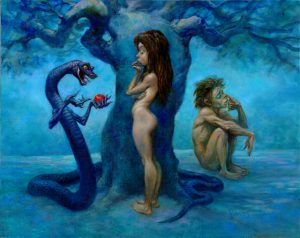FMM: Purposeful intervention is pretty much the opposite of random mutation.
FMM notes in the same comment:
If there in nothing about an idea that distinguishes it from it’s alternative it seems to be superfluous.
So the idea is “non designed mutations” and the alternative is “purposeful intervention”.
Give that, and given FMM has not discarded the idea of purposeful intervention there must be something that distinguishes it from non designed mutations.
What is that distinguishing factor? What is the actual evidence for “purposeful intervention” regarding mutations?
And, more broadly, what is the evidence for “purposeful intervention” in any area of biology? Apart from, of course, wishful thinking.


